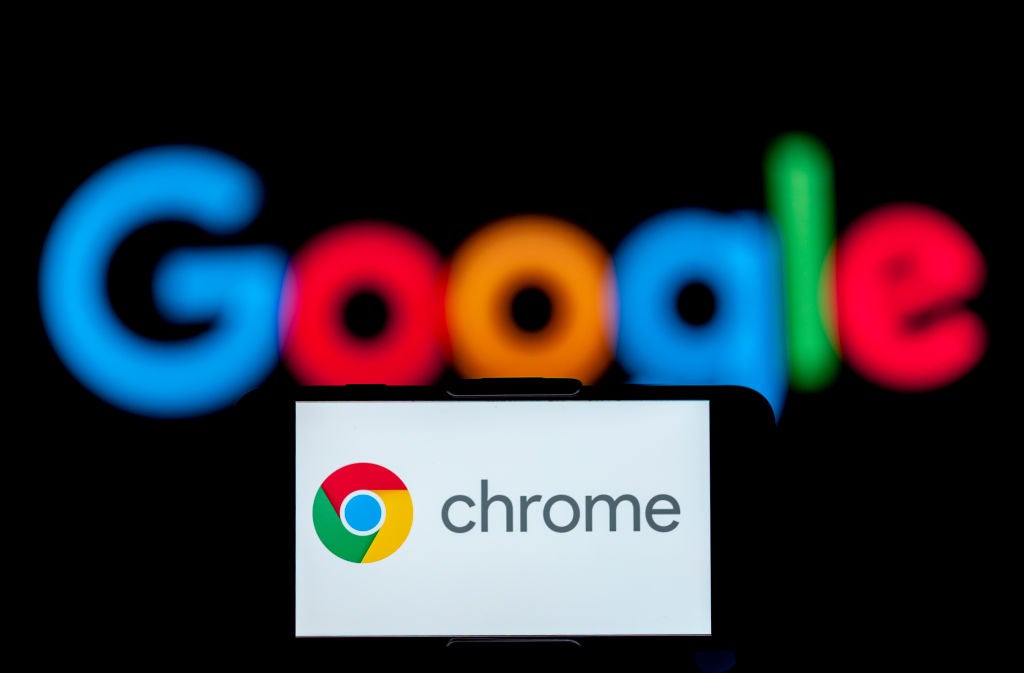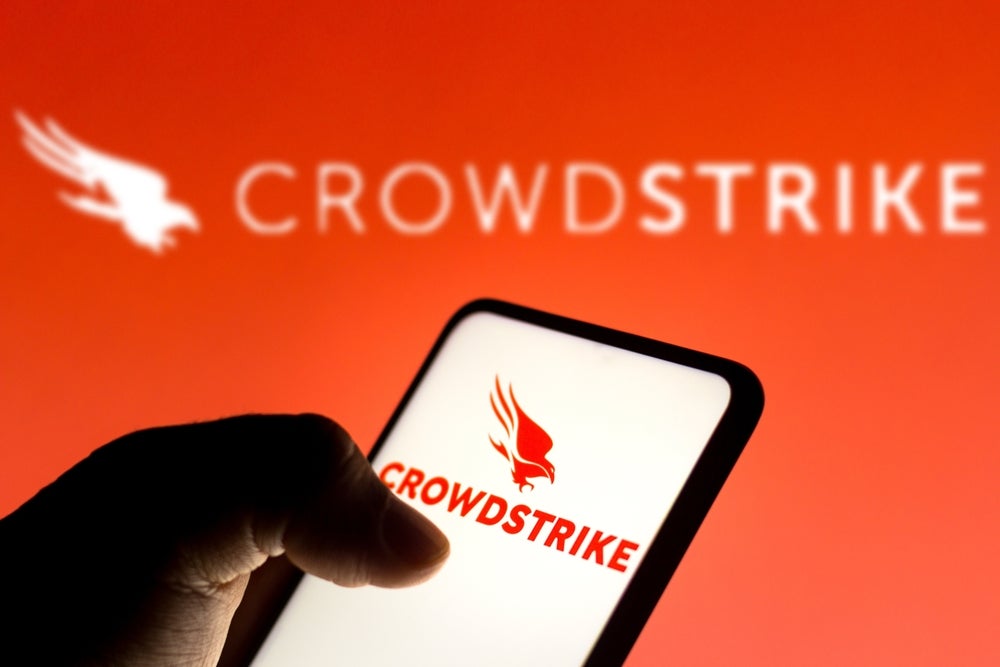
Alphabet-owned Jigsaw has released Intra, an app designed to bypass blocks on sites imposed by repressive governments. But rumours of Google’s acquiescence to China’s censorship laws, giving it access to the world’s largest market, indicate inconsistencies in the Alphabet family.
The Intra app, available on Android, creates an encrypted connection between a phone and a DNS server so that internet service providers and governments don’t know which websites are being accessed.
Countries such as Iran, China and Turkey are known to use DNS manipulation to block citizens from accessing certain sites.
“DNS manipulation represents one of the most common forms of censorship in the world,” said Justin Henck, a product manager at Jigsaw.
“That’s true for people at risk as well as those who are just trying to live out their lives and understand what’s going on.”
The app was trialled in Venezuela, which is also known to practise state-sponsored censorship, and proved popular among activists. It will become default on the upcoming version of Android Pie.
How well do you really know your competitors?
Access the most comprehensive Company Profiles on the market, powered by GlobalData. Save hours of research. Gain competitive edge.

Thank you!
Your download email will arrive shortly
Not ready to buy yet? Download a free sample
We are confident about the unique quality of our Company Profiles. However, we want you to make the most beneficial decision for your business, so we offer a free sample that you can download by submitting the below form
By GlobalData
Jigsaw, self-described as building technology to “tackle some of the toughest global security challenges facing the world today” lists “thwarting online censorship” as one of its top priorities.
It’s a goal that fits neatly within Google’s founding mission statement to “organise the world’s information and make it universally accessible and useful”.
However, it is at sharply odds with Google’s plans to re-enter China after an eight-year hiatus.
The inconsistencies of the Intra app
Google has a bumpy history with China. When it pulled its search engine in 2010 rather than concede to China’s censorship demands, it won much praise from free speech campaigners. Above all, it showed that Google is a company that sticks to its ethos.
But the lure of 1.3 billion extra customers – and the ocean of data they could provide – appears to have proven too big to ignore. In August, the Intercept revealed leaked documents showing that Google plans to launch a censored version of its search engine in China.
The documents showed the search engine – codenamed Dragonfly – would enable the Chinese government to blacklist websites and search terms about democracy, human rights, democracy, religion, and peaceful protest.
Last week at a Senate hearing on data privacy, Google’s chief privacy officer Keith Enright dodged questions about plans to launch a censored search app.
“I will say that my understanding is that we are not, in fact, close to launching a search product in China, and whether we would or could at some point in the future remains unclear,” he said, while conceding that a project with the name Dragonfly does exist.
Alphabet’s duality
The duality of two Alphabet subsidiaries is not quite a case of the left hand not knowing what the right is doing.
Alphabet cannot expect all 26 of its subsidiaries to be on the same page all of the time, and many of its smaller, more experimental projects work in much secrecy. Perhaps it is more the left hand not knowing what the big toe is doing.
What the Intra app does highlight is how Google is, in some ways, becoming more like other corporations and prioritising business decisions over ethical positions. With Google’s Play Store banned in China, the company is missing out on a slice of the $35bn that Chinese consumers spend on apps. Money talks louder than mottos.
It also shows the problems that can arise when companies push the boundaries of diversification. At an Internet Association event in 2017, former Google chairman Eric Schmidt said that there may eventually be more than 26 Alphabet subsidiaries.
With that in mind, it comes as no surprise that co-founder Larry Page believes Google has “outgrown” it’s mission statement.







